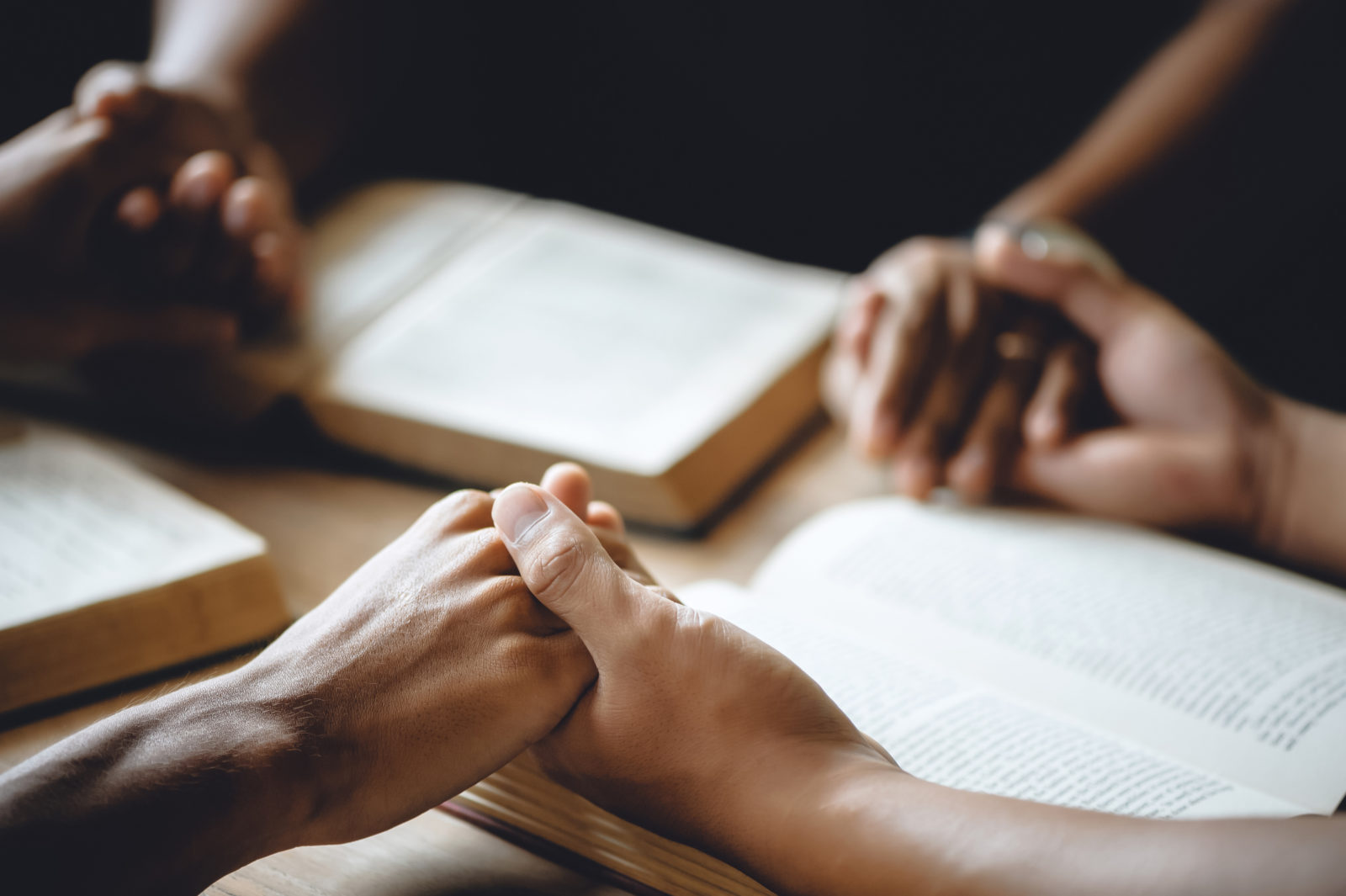Last week we concluded one look at homelessness in Jackson, Tennessee, with the story of Tracey King, 50, and her back-and-forth relationships. First she married, had a daughter, and divorced. Next she married a police officer and gave birth to twin boys. She divorced the police officer and then remarried him. King said he began taking drugs so they divorced again and she “lost everything.” When drinking and smoking pot no longer numbed her emotional pain, she snorted fentanyl.
Stints at seven different drug treatment centers — in Nashville, Savannah, and elsewhere — failed to bring healing. In February 2022, she moved in with her mother, who also battled addiction, King said. Two months later, her mother kicked her out. “I didn’t want to live,” King remembered, twisting the thin gold bracelets on her right arm: “I figured my children would be better off without me.” But an acquaintance drove King to the Dream Center of Jackson, where she recommitted her life to Christ.
Four months sober in August, King anticipated studying nursing in fall 2022. Relationships, though, are still shattered. King said her daughter, 16, wants nothing to do with her. Her in-laws have custody of her boys, but she’s reconnected to their father. She and her second ex were proceeding cautiously — “We’re not rushing it this time” — but were considering a third wedding ceremony.
In August another Jackson resident, Steve Taylor, 56, was not homeless — barely. He grew up in the city and spent the first 30 years of his adult life in state prison. Taylor has been homeless many times, but with a steady Social Security Disability check and a subsidized apartment in the low-income McMillan Towers complex, he had what social workers consider a “stable” situation.
Plus, Taylor was trying to develop relationships. He said he walked each day to the Regional Inter-Faith Association (RIFA) soup kitchen for breakfast and lunch. He typically arrived for lunch 30 minutes early so he could attend the chapel service: “It instills hope.” When we met Taylor his shirt was food-stained, his sweatpants torn, and his tennis shoes battered, but he had work-ready clothes waiting for him at his small apartment, courtesy of RIFA-issued vouchers to its second-hand store. RIFA gave Taylor bus fare card so he could report to his first day of work in a second-shift manufacturing job: “I’m a hard-living man who is trying to make it.”
Samantha Simms last month was another RIFA regular. Originally from West Virginia, she moved to her sister’s home in California after becoming pregnant with her first child. There she met a man with whom she had three more children, but he is no longer involved in her life and she was unclear about their ages. Simms occasionally saw her oldest daughter, who lives near Jackson, but said that without a car it’s hard to visit her other children. She did janitorial work for 24 hours each week at the local Kellogg plant, earning enough to rent an apartment for $725 a month.
Simms also attended chapel devotions and ate breakfast and lunch at RIFA: “I come to see my friends.” The question last month was still on the table: When she visited friends, would she also take in the words of the song: “What a friend we have in Jesus”?
Not all trauma leads to homelessness. Stephanie Laffoon said her father, serving in Vietnam, saw a close friend die, and in grief and rage turned to alcohol. Laffoon said he beat her mother and sister, and her father’s best friend molested her at age seven, she said. Laffoon didn’t tell her mother, a nurse who worked long hours. Alcohol and drugs became Stephanie’s step-parents. At 17, thinking she was pregnant by a drug dealer, she contemplated suicide.
Laffoon, though, said that one night in her car, God met her: “He put a Scripture in my mind — ‘As for me and my house, we will serve the Lord.’” Now 47, Laffoon is a lawyer and looks like one: smart glasses, shoulder-length blond hair, sleek black dress, black sandals. She works as Dream Center’s fundraiser and says 93 percent of its female clients were sexually abused. Laffoon said she has forgiven her parents and her abuser, and encourages women at the center to do the same: “I understand these women’s sufferings but forgiving others is the greatest gift you can give yourself.”
The first three co-authors were students at a Reforming Journalism Project 5-day intensive course taught by Marvin and Susan Olasky last month at Union University.

